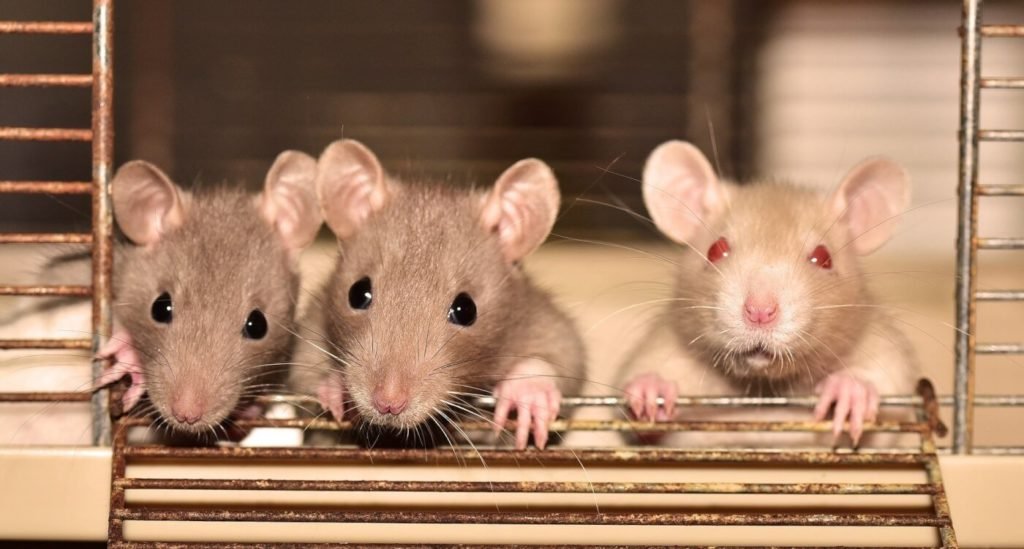Breakthrough anti-aging chemical successfully extends the lives of mice
Scientists have discovered an anti-aging chemical that can be derived from the seeds of a grape.
The researchers isolated the chemical from the extract of a grape seed. When tested in mice, it showed an increase of the lifespans of old mice by nine percent. It accomplished this by cleaning out the old and worn-out cells in the mice.

According to a study completed on the anti-aging chemical, it was able to destroy the cells typically associated with aging. Our bodies have more of these cells as our age increases, and they are known as senescent cells. Scientists have linked these cells to a variety of age-related issues, like type 2 diabetes, cardiovascular disease, and even osteoporosis.
By injecting the chemical found in the grape seed extract, scientists at the University of Chinese Academy of Sciences in Shanghai were able to minimize the number of these cells found in the test’s mice. When treating younger mice, the chemical also appeared to make them physically fitter. They also found that the anti-aging chemical was effective at reducing the size of tumors when used alongside chemotherapy.
The scientists extracted a chemical called procyanidin C1, or PCC1. The researchers found that at low concentrations, PCC1 appears to prevent senescent cells from producing substances that cause inflammation. When used in higher concentrations, they were able to kill the cells, leaving other, younger, cells undisturbed.
The fight to find anti-aging chemicals and products that can help reduce the conditions we suffer from in old age has been ongoing for years now. Beauty products that promise to reduce wrinkles and other age-based effects are common in supermarkets. While evidence has been found that we can’t reverse aging, scientists continue searching for more options.
To test the true effectiveness of PCC1, the researchers injected 171 mice that were at least two years old. They then continued to inject the mice with the substance, or a control solution, twice a week for the rest of the creature’s lives. The lifespan of the mice injected with PCC1 increased by around nine percent.
During the tests, the researchers also learned that PCC1 appears to completely disregard younger cells. Because it has no ill effect on the cells we still need, it could become a vital part of anti-aging therapeutic therapy. Of course, these tests are still just a single step forward in the journey. Scientists will now need to investigate whether PCC1 has similar effects on people, or if it only works on mice.
